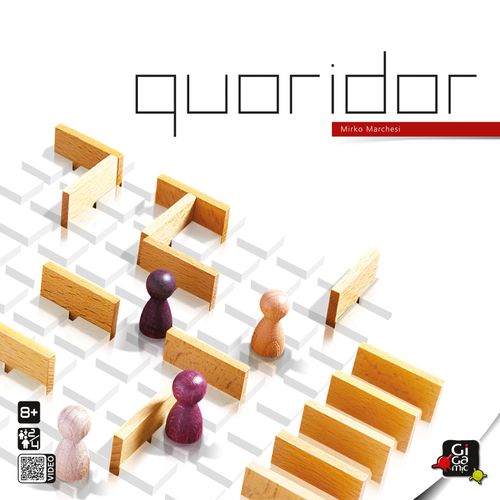

What margin would you like to make on this item?” Me: “I appreciate you are trying to make conversation, but what I do with the money, if we are able to agree upon a fair price, is not pertinent to our negotiation. Me: “That’s not relevant to its current market value or the percent of your margin.” Since you are the expert, what percent margin do you think is fair?” Focusing on the potential margin diverts the negotiation from the overall price, while highlighting the difference between the market price and the price the Pawn Star is willing to pay. Me: “A market price which leaves you enough room to make a reasonable profit. This item appears to be in VG-EX condition, which makes it worth about $200.” I have seen prices on eBay and private auctions which range between $150 and $225, depending on condition. Me (as the Rube): “It is a 1932 decoder ring that was put in cereal boxes by Post. Son (as the Pawn Star): “What’s you got?” My son and I role played the typical Pawn Star negotiation, with me playing the role of the Rube, as follows: Pawn Star: Once he agrees to a low-ball price, he unfolds his arms, smiles broadly and shakes the Rube’s hand, while saying, “Let’s write up the paperwork.” The handshake psychologically locks in the seller and reduces the chance of seller’s remorse thwarting the deal. Rube: Continues to negotiate against themselves, often offering yet an even lower price than previously stated, without the Pawn Star ever countering the initial price. After pointing out the flaws, the Pawn Star says, “Knowing that, how much do you want for it?”

Pawn Star: Proceeds to explain all the things wrong with the item (chipped paint, cracks, discoloration, etc.). Rube: Fills the silence with an apologetic statement and in some cases even reduces the amount they “want,” effectively negotiating against themselves. Pawn Star: (Arms folded and shaking his head back and forth) “That’s not going to happen.” Rube: States the amount, in the form of a question, often sounding more like a plea. Note: If the item is not a family heirloom, the Pawn Star’s question is: “Do you mind if I ask what you paid for it?” The Rube always tells them the amount they paid. Pawn Star: “How much do you want for this thing?” Rube: “My grandfather told me it is a _” or “I’m not sure.” The discussions went something like this: The banter of each negotiation was remarkably consistent, irrespective of which of the Pawn Stars was the buyer. Visit us at for more info.Despite the show’s lack of realism, I found that doing a play-by-play critique to be a fun and effective way to coach my son regarding basic negotiating tactics. The network’s all-original programming slate features a roster of hit series, epic miniseries, and scripted event programming.
#PAWN STARS GAME NOT FACEBOOK SERIES#
HISTORY®, now reaching more than 98 million homes, is the leading destination for award-winning original series and specials that connect viewers with history in an informative, immersive, and entertaining manner across all platforms. Keep up to date with everything HISTORY by following us on Twitter:ĭon't miss a new episode! Sign up for Pawn Stars email updates:
#PAWN STARS GAME NOT FACEBOOK FULL#
Watch more Pawn Stars on YouTube in this playlist: įind out more about the show and watch full episodes on our site:Ĭheck out our Facebook games, and other exclusive content: In this scene, Rick and Chum try to make a deal with a client over vintage, limited-edition Pepsi cans.


 0 kommentar(er)
0 kommentar(er)
